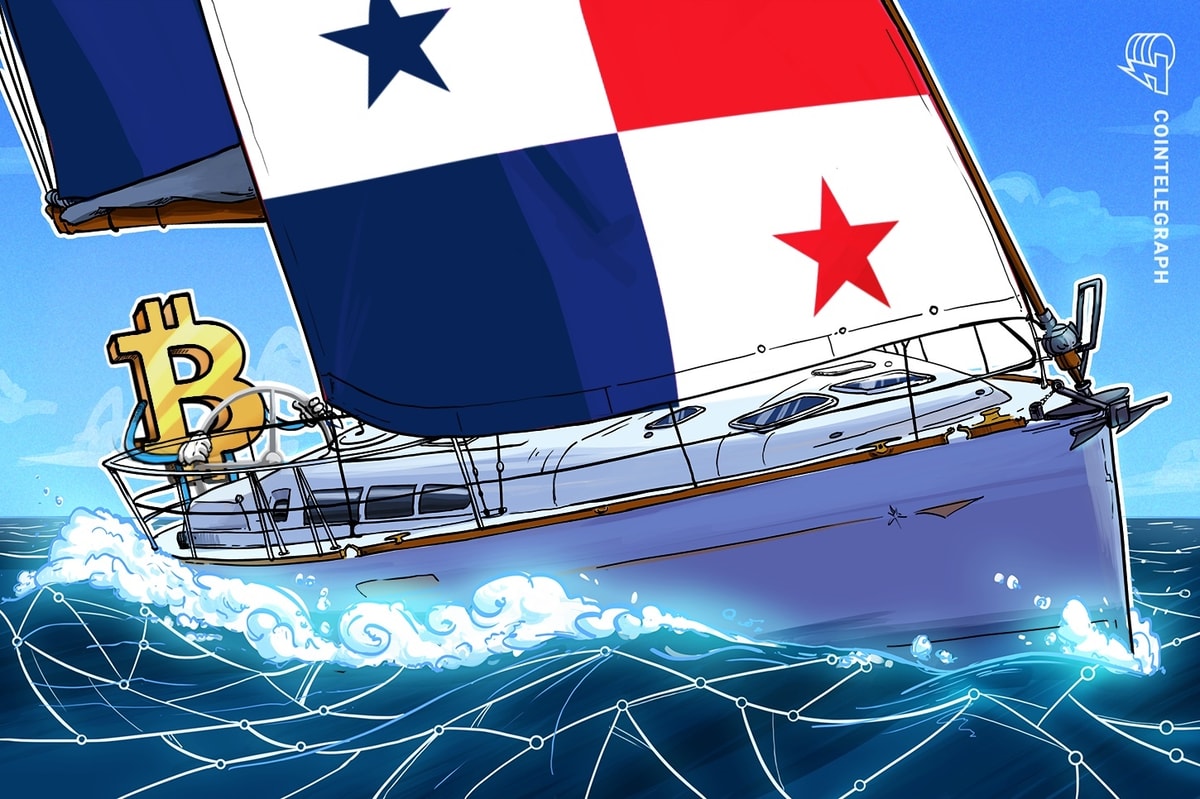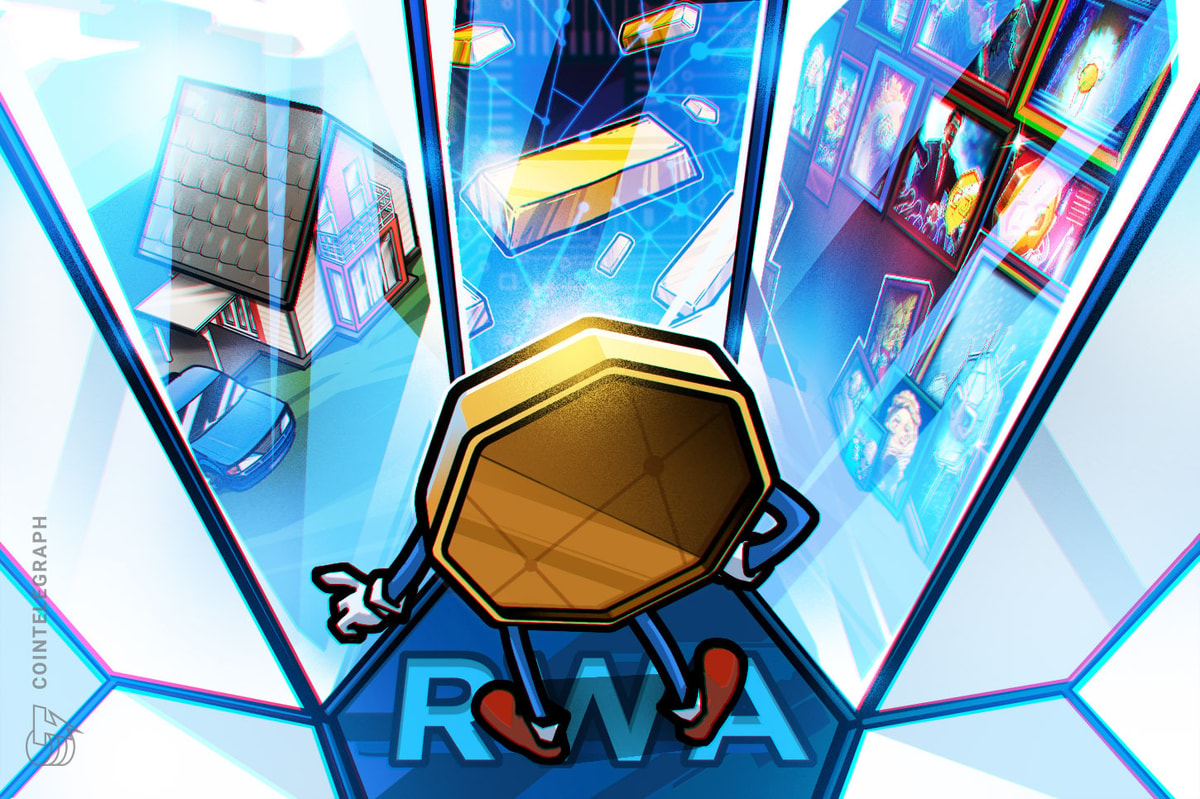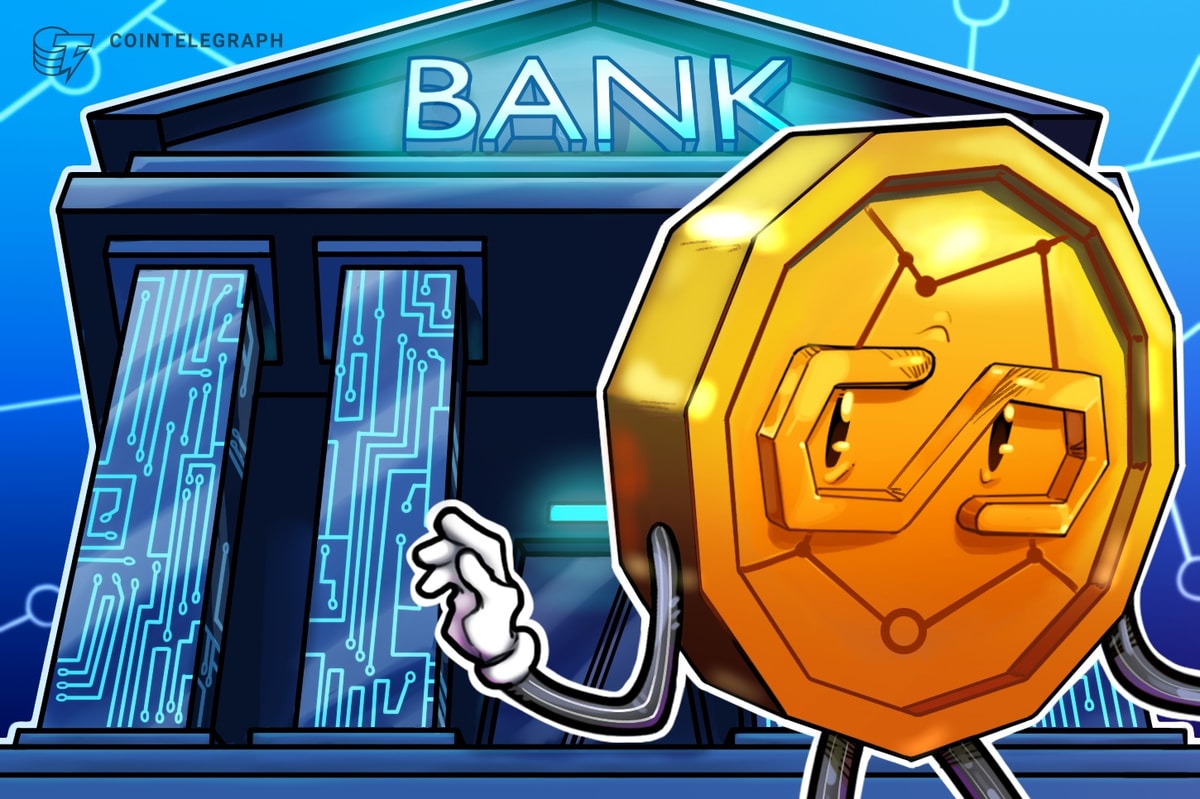In this week’s newsletter, read about how Justin Bieber, along with other celebrities, was called out to disclose their connections to nonfungible token (NFT) firms. Check out the market performance of blue chip NFTs and how NFT games have an advantage over traditional gaming business models. In other news, learn about how OpenSea is implementing new ways to combat NFT theft. And check out how experts feel about carbon offset NFTs that aim to help the environment.
Justin Bieber, Paris Hilton among 19 celebs called out for shilling NFTs
Consumer watchdog Truth in Advertising called out 19 celebrities, including Justin Bieber, Paris Hilton and Tom Brady, over NFT promotion on their social media platforms. According to the watchdog, the space is full of deception and urged the celebrities to disclose connections with NFT companies.
In a previous post, the watchdog highlighted that the celebrities may be violating rules on endorsements and the requirements for influencers. Citing the Federal Trade Commission, the group noted that influencers must disclose their connections to brands that they advertise.
Blue chip NFT performance fails recovery, but investors hodl even harder
The performance of NFTs that are classified as the blue chips of NFTs went to another all-time low range, according to the data gathered by the statistics platform NFTGo. The fall is attributed to the falling prices of projects like CyberKongz and CyberKongzBabies.
According to the site’s Blue Chip index, June 13 marked the worst performance in the history of blue-chip NFTs, with the index falling to 9,331 Ether (ETH). This follows its best-performing day, which was on April 29, when the index reached almost 14,900 ETH.
NFT games have edge over ‘money in, no money out’ games: Polygon’s Urvit Goel
Urvit Goel, an executive from Polygon, told Cointelegraph in an interview that NFT games have an advantage over games where players can only put their money in and never get anything in return.
The executive argued that GameFi has a business model advantage over traditional gaming, where users cannot sell their in-game items for money. “We just want to give users the ability to own the content they’re buying,” he said.
OpenSea introduces new stolen item policy to combat NFT theft
NFT marketplace OpenSea has expanded its use of police reports to confirm stolen item reports within its platform. According to the firm, this is a way to enhance its platform’s defenses against theft and false reports.
In addition to this, the platform is making it easier to re-enable the buying and selling of recovered NFTs. The NFT platform also said that its team is working to implement other solutions that combat NFT theft. This includes automating theft detection.
Carbon credit NFTs are only effective if burned, experts say
While carbon credit NFTs are being marketed as a way to use the technology to help the environment, an expert argued that it’s only effective once the NFTs are burned and not traded anymore once the certificate is obtained.
A KlimaDAO core member told Cointelegraph in an interview that when it comes to carbon offsets, it's very important to not neglect the burning of the carbon offset NFT to permanently take the NFT out of circulation so that it can no longer be sold to someone else.
Thanks for reading this digest of the week’s most notable developments in the NFT space. Come again next Wednesday for more reports and insights into this actively evolving space.











